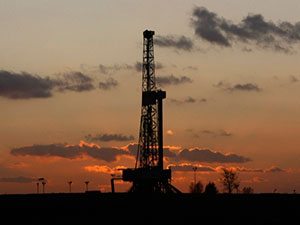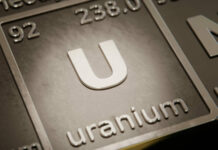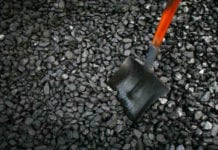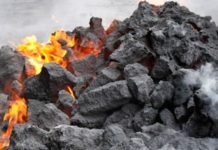
[miningmx.com] – SOUTH Africa could have far fewer shale gas deposits than originally estimated.
In 2011, South Africa’s shale gas resources was projected to be 485 trillion cubic feet (Tcf), but subsequent estimates done by the Petroleum Agency of South Africa and the Council of Geosciences appraises recoverable gas resources at 36 Tcf.
Mosa Mabuza, deputy director-general of the Department of Mineral Resources (DMR) told MPs of the parliamentary oversight committee on mining that South Africa will only have a better idea about shale gas availability once exploration has been concluded.
“A number of strategic environmental assessments still need to take place. As you can see the [shale gas] estimates keep coming down. We have limited information today and only after exploration we’ll know if we indeed have shale gas,’ Mabuza said.
The DMR is expected to issue regulations on shale gas exploration in this coming Friday’s Government Gazette. The regulations precede the finalisation of applications for exploration.
Mabuza assured the committee that the Square Kilometre Array project in the Karoo will be protected and that the regulations were drawn up, taking the impact on the environment and water resources into account.
Committee members were particularly concerned about the gazetting of the regulations prior to a conclusion of public consultations, but Mabuza said the public consultation process was by no means completed.
“It doesn’t mean fracking will start a day after the regulations has been published. We’ll first need to find out whether we have shale gas and it could take between three and seven years for exploration to be concluded.’
The DMR has received five exploration applications so far – three from energy and petrochemicals giant Shell, one from Bundu Gas and Oil Exporation and another from Falcon Oil & Gas Ltd.
If these licences are granted, the applicants will kick off with desktop studies and seismic surveys in the exploration. As for Shell, hydraulic fracking may only take place in the second term of the renewal of their licences after three years, PASA acting CEO Lindiwe Mekwe said.
The regulations that will be published on Friday are not exhaustive, Mabuza reiterated. “Strategic environmental studies by the Department of Geoscience and PASA will be done in synchronisation with the exploration phase.
“If there’s evidence that there are environmental and cost risks, we’ll reconsider [whether to go ahead with hydraulic fracking].’
Shale gas has many spinoffs for the South African economy, Mabuza said. “It will ensure that we’d be able to deliver cost effective energy supply and reduce our carbon footprint. Even a moderate shale gas resource potential will help diversify our energy mix.’











